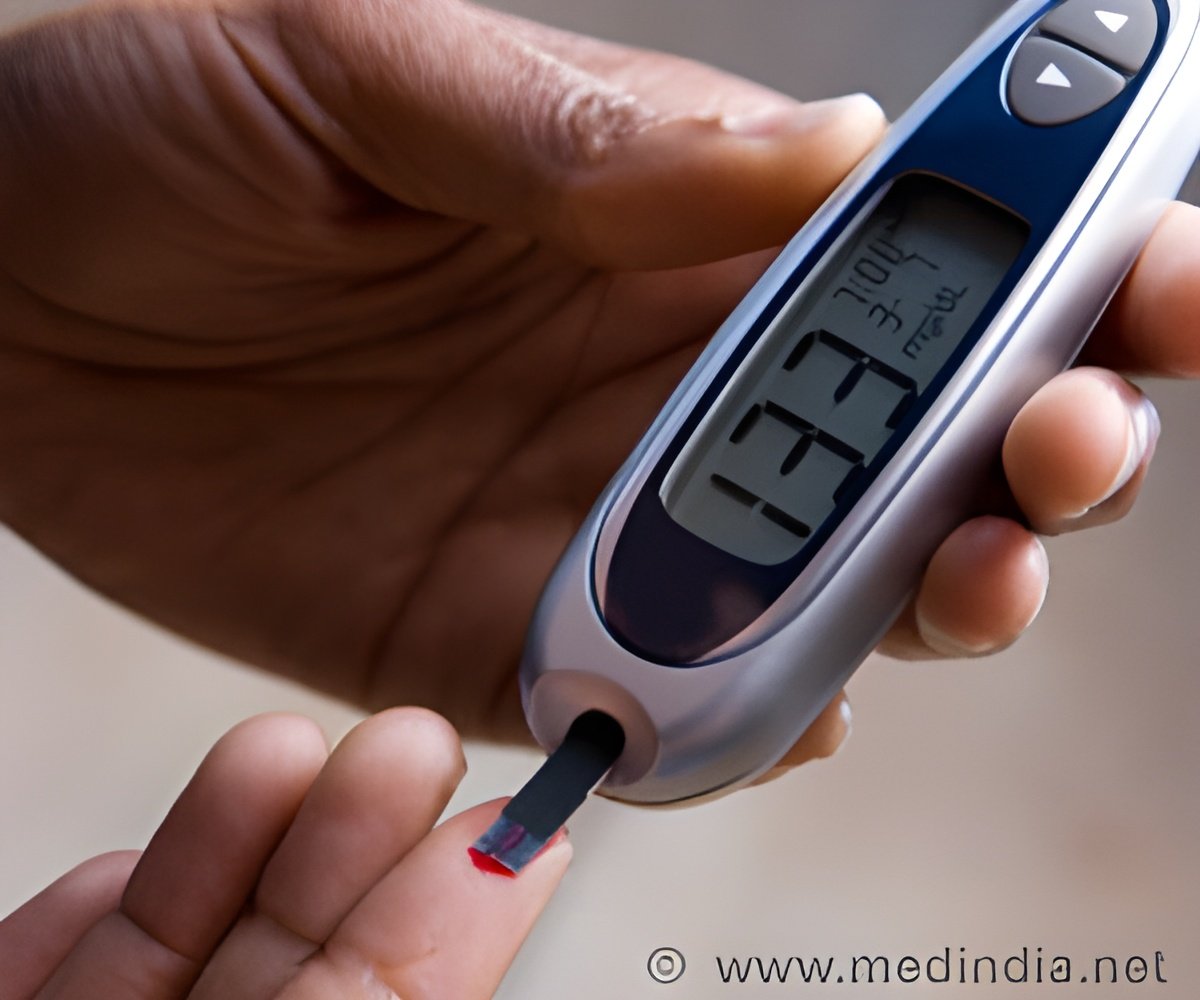The researchers reprogrammed human pancreatic duct-derived cells to behave like beta cells and secrete insulin within the pancreas, while responding to glucose.

In the replacement therapy for type 1 diabetes, researchers have previously shown that human pancreatic duct-derived cells (HDDCs) are an attractive source of cells. These cells are found in adult pancreas and are progenitor cells i.e. cells that have a tendency to differentiate into specific types of cells.
In the new study, the research team reprogrammed HDDCs to behave like beta cells and secrete insulin within the pancreas, while responding to glucose. The scientists used a specific protein that controls which genes are turned off or on in the genome. This technique allowed them to avoid any kind of genetic modification of the target cells.
Lead investigator professor Philippe Lysy said, "The novelty of our work resides in the use of adult tissue that avoids the risks related to stem cells, such as cancer, and of a protocol that modifies the cells with a direct action on DNA without any structural modification. Our system for cellular reprogramming opens doors for experiments in other scientific fields with the objective to produce cells with a new function in the context of diseases with a loss-of-function."
The study was presented at the 54th annual European Society for Pediatric Endocrinology meeting in Spain.
Source-IANS














